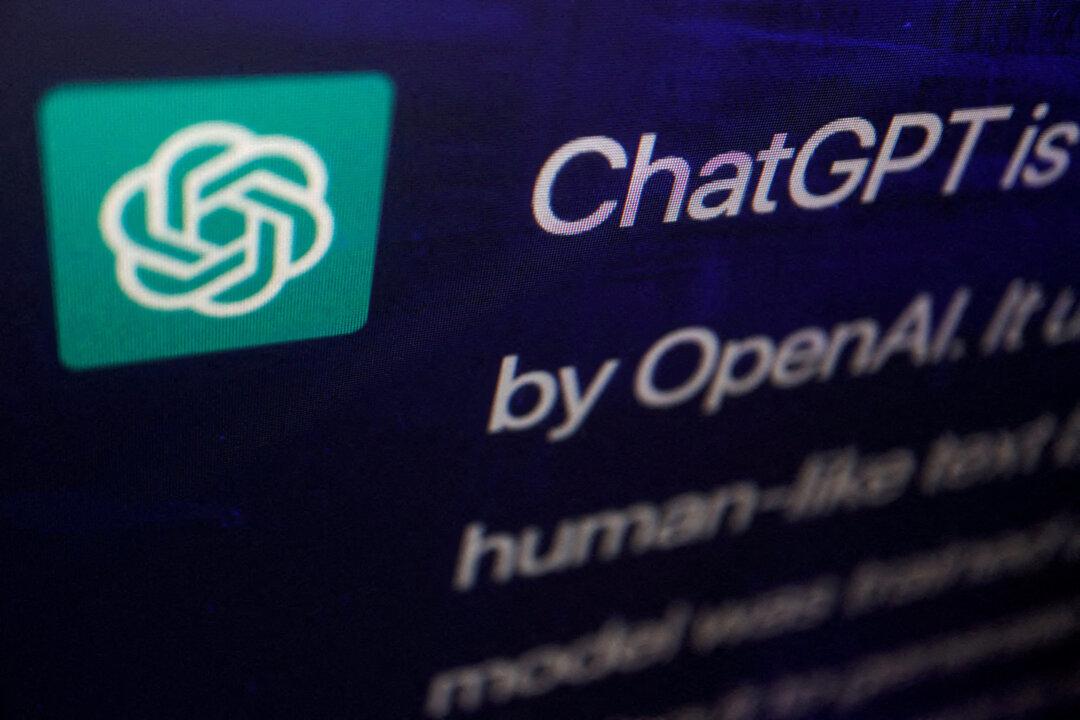Commentary
Several months back Patrick Hrdlicka, a professor of chemistry at the University of Idaho, tried an experiment. He asked the world’s most famous artificial intelligence tool, ChatGPT, to produce a sample diversity statement.

Several months back Patrick Hrdlicka, a professor of chemistry at the University of Idaho, tried an experiment. He asked the world’s most famous artificial intelligence tool, ChatGPT, to produce a sample diversity statement.